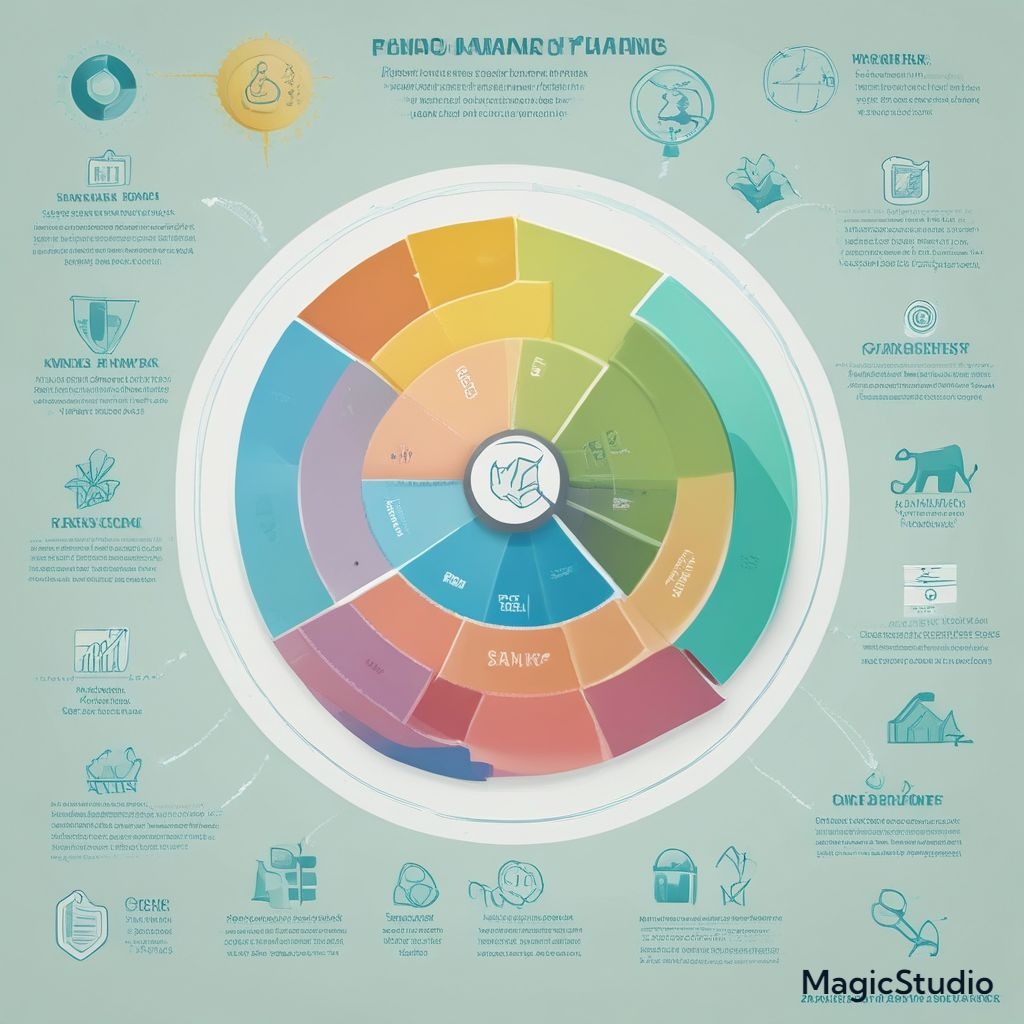Economic downturns can be challenging, but they also provide an opportunity for individuals and families to reevaluate their financial strategies. Being proactive about your financial planning during these times can help you weather the storm and emerge stronger on the other side. Here are some valuable tips to guide you through financial planning during economic downturns.
1. Reassess Your Financial Goals
During an economic downturn, it’s crucial to revisit your financial goals. Consider the following:
- Short-term vs. Long-term Goals: Identify which goals are essential and which can be postponed. For example, saving for a vacation may take a backseat to building an emergency fund.
- Adjust Expectations: It might be necessary to adjust your expectations based on your current financial situation. Aim for realistic, attainable goals that align with your new financial reality.
2. Create or Revise Your Budget
A solid budget is your best tool during uncertain times. Follow these steps to create or revise your budget:
- Track Your Expenses: Analyze your spending habits and categorize expenses into essential and non-essential. This will help you identify areas where you can cut back.
- Prioritize Essentials: Focus on essential expenses such as housing, utilities, groceries, and healthcare. Ensure these are covered before allocating funds to discretionary spending.
- Build Flexibility: Incorporate flexibility into your budget to accommodate potential fluctuations in income or unexpected expenses.
3. Build an Emergency Fund
Having an emergency fund is more critical than ever during an economic downturn. Here’s how to prioritize it:
- Set a Savings Target: Aim to save three to six months’ worth of living expenses. This cushion can provide peace of mind and financial stability during uncertain times.
- Automate Savings: Set up automatic transfers to your savings account. Even small contributions can add up over time, making it easier to reach your goal.
4. Evaluate Your Income Sources
During an economic downturn, job security can be at risk. Evaluate your income sources:
- Diversify Income Streams: Consider creating additional income streams, such as freelance work, part-time jobs, or passive income through investments.
- Network and Upskill: Use this time to strengthen your professional network and acquire new skills. Online courses or certifications can improve your employability and open up new opportunities.
5. Reassess Investments
Economic downturns can significantly impact investment portfolios. Here’s how to manage your investments wisely:
- Stay Calm and Avoid Panic Selling: It can be tempting to sell off investments in a downturn, but this may lead to realizing losses. Stick to your long-term investment strategy.
- Rebalance Your Portfolio: Consider reallocating assets to maintain a diversified portfolio. This might involve shifting investments towards more stable sectors or asset classes that tend to perform better during economic challenges.
6. Reduce Debt
High levels of debt can be burdensome during economic downturns. Take steps to manage and reduce your debt:
- Prioritize High-Interest Debt: Focus on paying down high-interest debt first, as it can quickly accumulate and impact your financial stability.
- Consider Consolidation: If you have multiple debts, explore debt consolidation options to reduce interest rates and simplify payments.
7. Seek Professional Advice
If you’re feeling overwhelmed, don’t hesitate to seek professional financial advice. A financial planner can help you:
- Create a Tailored Plan: They can provide personalized strategies based on your unique financial situation and goals.
- Navigate Complex Decisions: During uncertain times, having an expert to guide you can help you make informed decisions about investments, savings, and debt management
